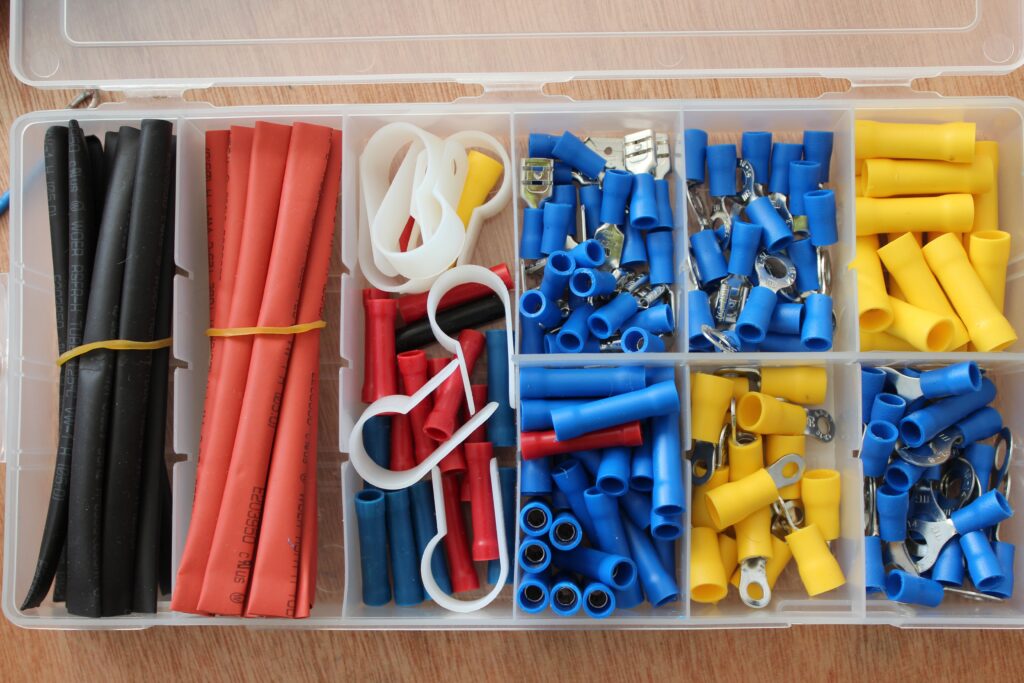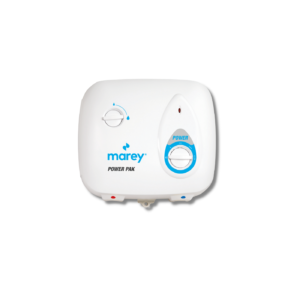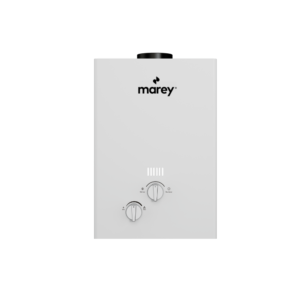
Essential Electrical Requirements for Your Electric Tankless Hot Water Heater
Are you tired of waiting for hot water to flow from your faucet?
Say goodbye to chilly mornings and hello to instant hot water with an electric tankless water heater from Marey!
These efficient marvels provide a continuous supply of hot water on demand. It ensures you never have to endure another cold shower or wait for the kettle to boil.
But before you jump into the world of instant hot water, let’s dive into the electrical requirements you need to consider.
In this blog, we’ll answer some common questions and guide you through setting up your electric tankless water heater.
What Are The Requirements Needed For An Electric Tankless Water Heater?
To make sure your electric tankless water heater operates smoothly, you’ll need to meet a few key requirements.
Let’s break them down:
1. Power Supply:
First and foremost, your electric tankless water heater requires a reliable power source. Most models require a 220-240 volt electrical circuit.
It’s important to check your home’s electrical panel to ensure it can handle the additional load.
If you need more clarification, consult a qualified electrician. They can assess your electrical system and make any necessary upgrades.
2. Ampacity and Wiring:
Each electric instant hot water heater has specific ampacity requirements. This dictates the minimum required wire and circuit breaker sizes.
A dedicated 30-60 amp circuit is recommended depending on the unit’s power requirements.
Follow the manufacturer’s guidelines and consult an electrician to help with the wire size and breaker.
Does An Electric Tankless Water Heater Need to be on a GFCI Breaker?
Safety is of utmost importance when it comes to electrical installations.
Connecting your electric instant hot water heater to a Ground Fault Circuit Interrupter (GFCI) breaker is highly recommended. It provides added protection for your safety.
A GFCI breaker monitors the electrical current and shuts off the power supply if it detects a ground fault or an imbalance in current flow.
This helps prevent electric shocks and reduces the risk of electrical accidents. This makes your hot water experience convenient and safe!
Does A Tankless Water Heater Need Its Own Breaker?
To ensure the optimal performance of your electric tankless water heater, it should have its own dedicated circuit breaker.
This means that no other appliances or outlets should share the same circuit.
Providing an exclusive circuit guarantees that your electric tankless water heater receives the necessary power. This helps avoid interference and reduces the risk of tripping the breaker due to overload.
Affordable, Long-Lasting, and Eco-Friendly: Marey’s Tankless Water Heaters
Since 1955, Marey has been at the forefront of providing high-quality water heating solutions.
Safety is also a top priority, so we recommend connecting your hot water heater to a GFCI breaker. With our electric tankless water heaters, you’ll bid farewell to chilly showers and the frustration of waiting for hot water.
Our commitment to customer satisfaction is unwavering, and we strive to exceed your expectations in every way.
Our electric tankless water heaters offer an unbeatable combination of affordability, durability, and the luxury of limitless hot water. Not only do they provide on-demand comfort, but they are also eco-friendly and energy-efficient.
We take pride in our continuous innovation and exceptional service. When you choose Marey, you choose a product crafted with utmost care and backed by years of expertise.
So, go ahead and immerse yourself in the world of instant hot water.
Photo by James Sandbrook on Unsplash




